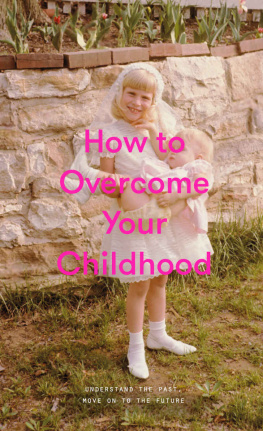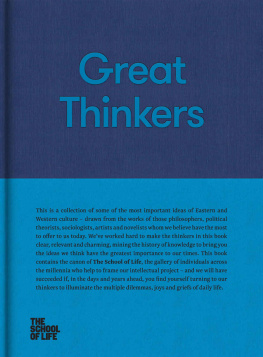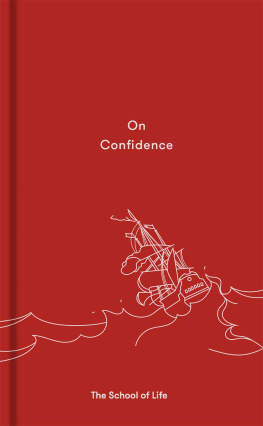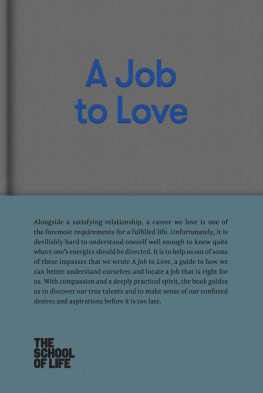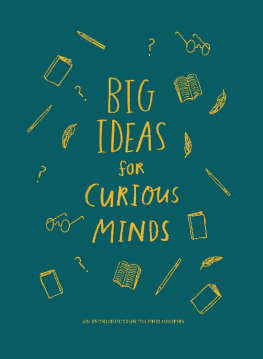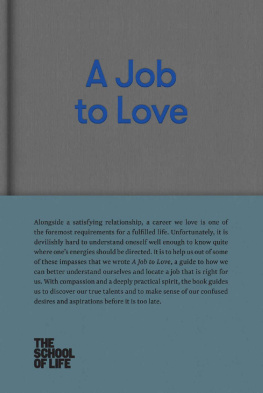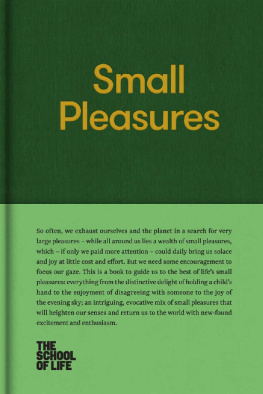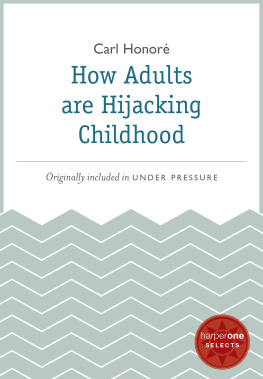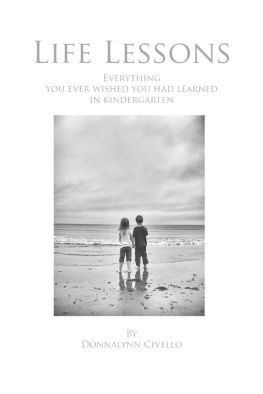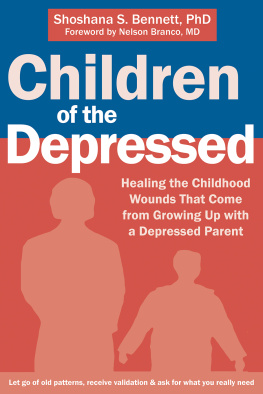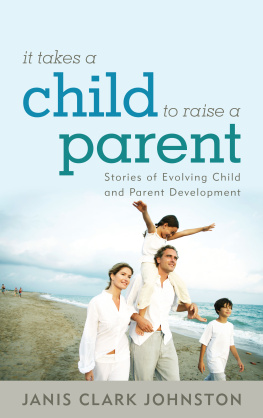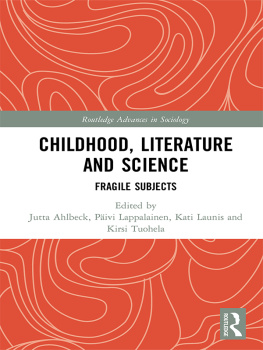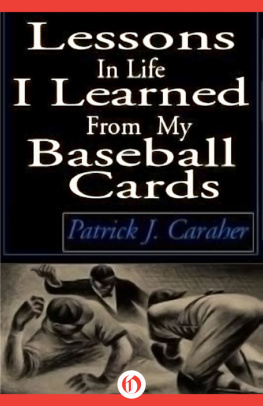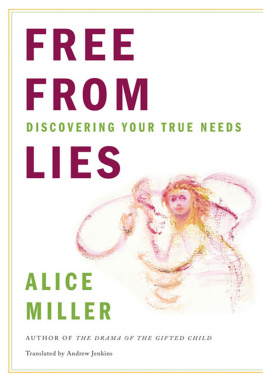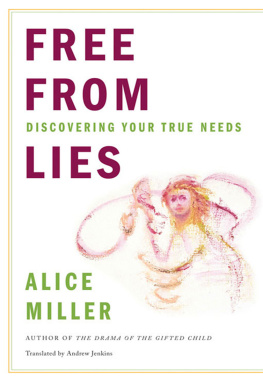How to Overcome
Your Childhood
How to Overcome
Your Childhood
The School of Life
Published in 2019 by The School of Life
70 Marchmont Street, London WC1N 1AB
Copyright The School of Life 2019
All rights reserved. This book is sold subject to the condition that it shall not be resold, lent, hired out or otherwise circulated without express prior consent of the publisher.
A proportion of this book has appeared online at www.theschooloflife.com/thebookoflife/
Every effort has besen made to contact the copyright holders of the material reproduced in this book. If any have been inadvertently overlooked, the publisher will be pleased to make restitution at the earliest opportunity.
The School of Life offers programmes, publications and services to assist modern individuals in their quest to live more engaged and meaningful lives. Weve also developed a collection of content-rich, design-led retail products to promote useful insights and ideas from culture.
www.theschooloflife.com
ISBN 978-1-912891-22-1
10 9 8 7 6 5 4 3 2 1
Contents
I.
Introduction
The Forgotten Past
It is in a sense deeply irritating that we might be asked to think about our childhoods at all. They happened a very long time ago now; we can probably barely remember, let alone relate to, the little person we once were; and, in any case, why should we continue to have to accept the psychological clich that our adult identities might be heavily determined by how things unfolded before our fifteenth birthday?
For most of human history, the idea of a relationship between childhood events and adult life would have been considered absurd. There was little sense that even recording what happened in the early years could be of any substantial importance or interest.
The philosopher Plato was, for example, during his lifetime and ever since one of the best-known figures of antiquity. Yet almost nothing at all is known of his childhood other than that he was born around 425 BC in Athens into a wealthy aristocratic family and that some of his relatives were involved in politics. It did not occur to Plato or to his many friends and admirers to fill in the details of what was going on in his mind before he became an adult. This was not seen as a strange oversight: it fitted a pattern which lasted until very recently. Childhood was irrelevant.
The first widely published, extensive, detailed and intimate account of childhood states of mind appeared only in 1811 which is five minutes ago in the arc of human history when the German poet and statesman Goethe brought out Poetry and Truth, the opening volume of his autobiography. He was the first major cultural figure to carefully chart what it had been like for him across his early years (how he saw the world and himself, the ups and downs of his relationship with his parents, what he feared, imagined and longed for) and to see such information as being central to the rest of his life.
It took another century before the exploration of childhood, and in particular its sufferings, entered the scientific realm. The major contribution of Sigmund Freud and his colleagues Anna Freud, Melanie Klein and Donald Winnicott was to analyse the vulnerability of children to their prevailing environments and to interpret the implications this might generate in their adult selves. It was part of the provocation and genius of psychoanalysis to insist that engaging with childhood experience was a central task in any quest to secure a less anxious and more contented future.
Yet, even today, there remain so many reasons why looking at childhood can feel like an uncomfortable and avoidable experience:
i. We feel we dont remember very much
So much has been lost to conscious memory. Of the thousands of days in our first decade we probably cannot describe even one from beginning to end with much precision. What colour were the walls of the room we slept in when we were five? Who sat next to us at school when we were nine? We dont even remember having been to Spain or eating seven doughnuts in a row in a cafe by the cliffs. Our childhood selves can feel like other people altogether.
ii. We are sentimental
We tend to adopt a sentimental attitude, which is far more attentive to the occasional endearing exception than to the more challenging norm. Family photos, almost always snapped at the happier junctures, guide the process. There is much more likely to be an image of ones mother by the pool smiling with the expression of a giddy young girl than of her slamming the veranda door in a rage at the misery of conjugal life; there will be a shot of ones father genially performing a card trick, but no visual record of his long, brutal meal-time silences. A lot of editing goes on, encouraged by all sides.
iii. We are squeamish
Its not simply that we have idly forgotten the past. We could, in principle, re-enter the emotional spaces we once inhabited. It is for deeper reasons that we push the memories aside and actively restrict reflection on our histories.
We keep away from ourselves because so much of what we could discover threatens to be agony. We might discover that we were, in the background, deeply furious with, and resentful about, certain people we were meant only to love. We might discover how much ground there was to feel inadequate and guilty on account of the many errors and misjudgements we have made. We might recognise how much was compromised and needed to be changed about our relationships and careers.
Theres a targeted exercise that modern psychologists have devised to help us identify the thoughts and feelings about our early years that we are highly motivated to ignore. They invite us to make a quick drawing of our childhood family and home, putting in our parents and any siblings we may have.

A map of the inner world. Try drawing your childhood family and home.
The idea is to catch a glimpse of concepts we usually carefully keep out of consciousness. How close are our parents to us? Proximity indicates the state of the relationship. The house is said to be ourselves: is there a door for communication? How big are the windows? Transparency indicates our connection to others. What is the weather like (our choice hinting at the emotional weather within)?
The test does not claim scientific rigour and is intended only as the start rather than the end of therapeutic dialogue, but it intends that we should make efforts to catch our unconscious unawares and study the elusive feelings this can yield around the difficulties of our past. By asking oblique questions, we can rebuild a connection with perspectives that we had renounced or shied away from. Through the drawing, we might recall a fear around our father that we had not previously registered. Perhaps there are things we now see we profoundly regret or feel guilty about in relation to a sibling, and that had been for years kept out of our conscious minds.
As psychology indicates, our capacity to understand our adult selves may depend on reaching back and making sense of a range of awkward and, at points, traumatic childhood events.
It seems we have no option but to try to interpret and then in time overcome the trickiest aspects of our past.
We have no option but to try to interpret the trickiest aspects of our past.
The Secrets of a Privileged Childhood
It isnt difficult to imagine a privileged childhood: we associate the term with a swimming pool in the garden, holidays abroad, lavish presents and outsize birthday parties and maybe someone deferential picking up the clothes from the bedroom floor during school hours. Our ideas are plainly focused on money.
Next page
